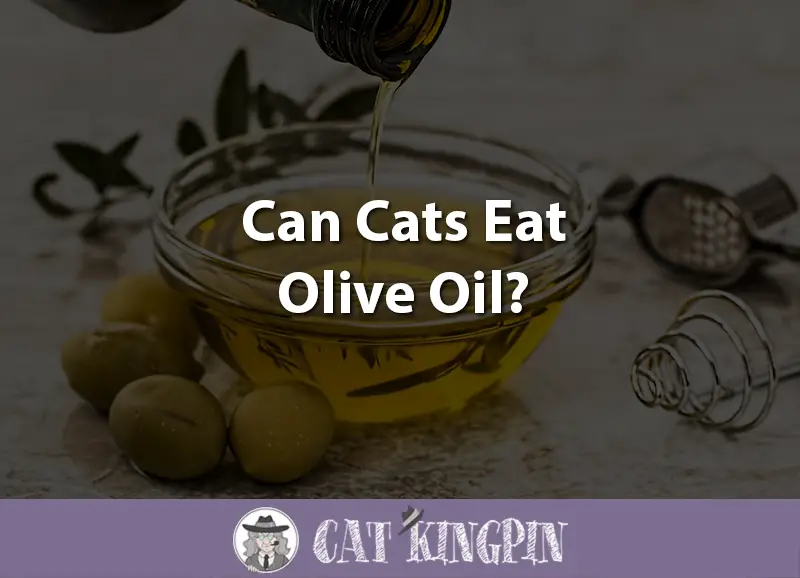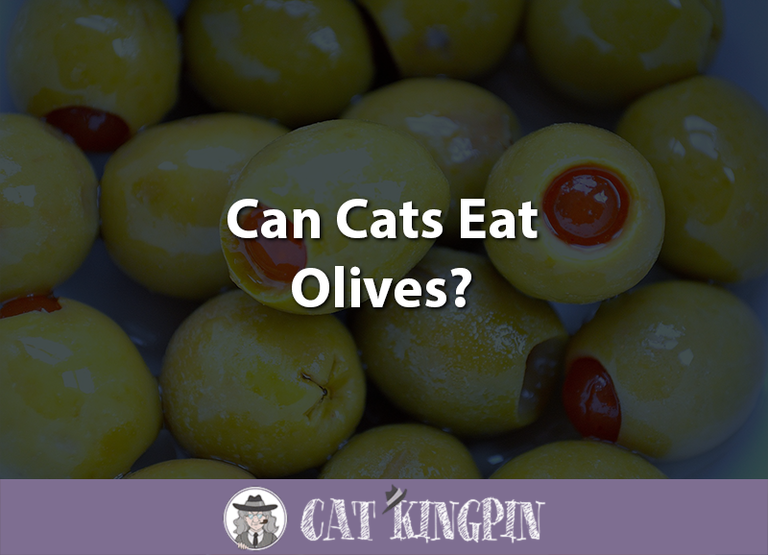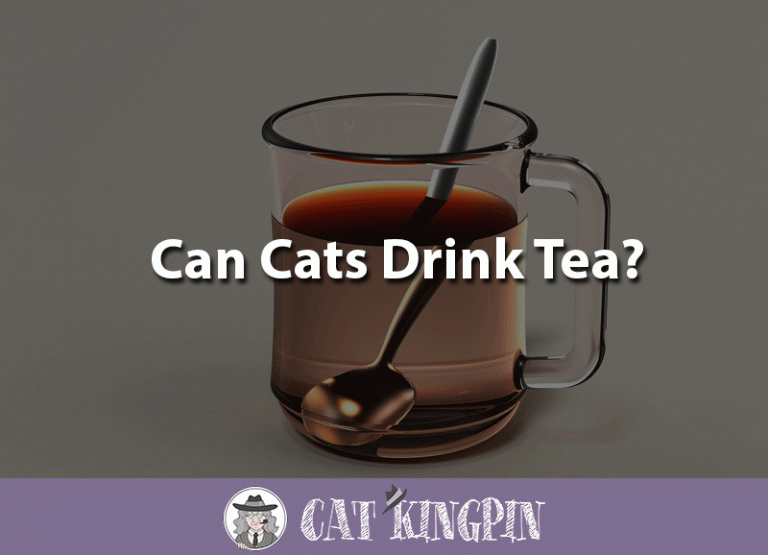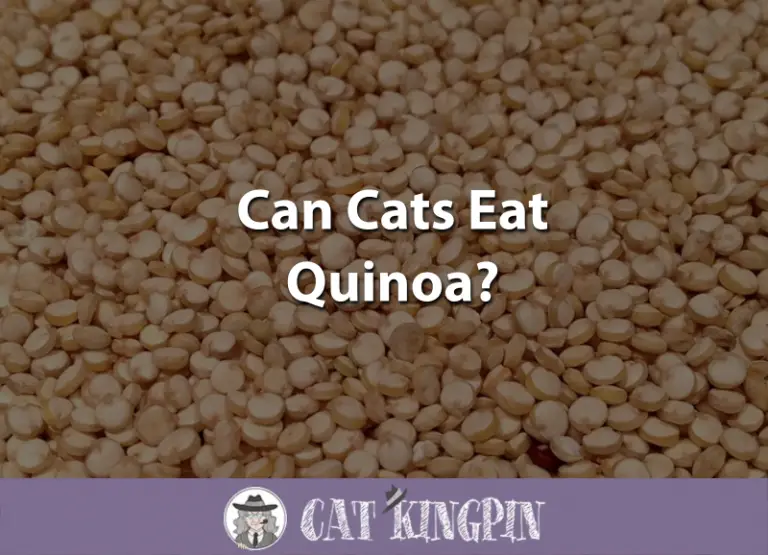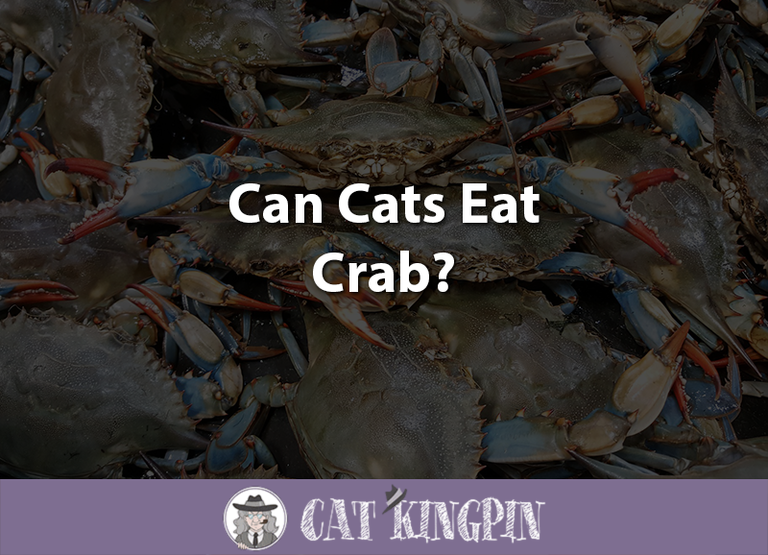Can Cats Eat Olive Oil?
People have been using olive oil for thousands of years. Olives and olive oil are often considered to be a health food and are part of the Mediterranean diet that is associated with decreased heart disease in humans and longer life.
What about your cat? Would olive oil be something they might enjoy? Could olive oil even be a healthy addition to your cat’s diet?
As you will see, olive oil can make a fun and interesting treat for your kitty even if it isn’t exactly a health food for cats.
In this article, the following will be covered:
- Cats and Olive Oil, What You Need to Know
- Can Cats Eat Olive Oil?
- Can Kittens Eat Olive Oil?
- Benefits/Drawbacks to Cats Eating Olive Oil
- Healthy Alternatives to Olive Oil

This content has been reviewed and approved by our in-house Veterinarian for accuracy.
Cats and Olive Oil, What You Need to Know
Olive oil is the liquid obtained from pressing olives, which are the fruit of the olive tree, Olea europaea. There’s archeological evidence people were extracting olive oil from olives as far back as 6,000 BC.
An evergreen tree or shrub native to the Mediterranean, olive trees rarely reach 25–50 feet in height. Olive trees have been cultivated by people for thousands of years, and evidence suggests they were grown commercially grown in Crete by as early as 3,000 BC.
In fact, a number of trees are determined to be at least 2,000 years old and are alive and producing olive. Ancient shipwrecks have even been found containing jars, called amphorae, that still have intact olive oil that is over 3,500 years old.
While thousand year old oil probably shouldn’t be your first choice, olive oil is generally considered to be very healthy for you. As far as people go, many of these health benefits can be attributed to the polyphenols contained in olives.
These polyphenol compounds also give olives and olive oil their bitter taste. Because of this bitterness, olives can’t be eaten straight from the tree, but must instead cured and fermented in a brine solution for a few months before they are ready to eat.
Olive oil is considered non-toxic for cats. What is perhaps most interesting is that some cats, like the one in the next video. go crazy for olive oil almost like they do to catnip:
It turns out that olives contain an aromatic compound that belongs to a class of chemicals known as iridoids. Scientists have determined that catnip also contains one of these iridoids, nepetalactone.
It makes you wonder how a cat would react to some pasta soaked in olive oil, but we couldn’t find a video of that.
Although the exact reason some cats flip out over olives is uncertain, it’s possible that the similar chemical in olives elicits a catnip-like response in our feline friends.
Can Cats Eat Olive Oil?
Some olive oil is made from primarily green olives which are picked after they have reached full size, but before the ripening process has begun. This olive oil can be more bitter and some cats might be put off by the taste.
Nonetheless, some cats still seem to like licking olive oil, as we can see in the following video:
Ahem… I guess that one is actually of Olive Oyl.
If your cat does like olive oil, let them have at it. Just make sure they are only having small amounts and the bulk of their diet comes from high-quality cat food like Taste of the Wild Grain Free High Protein Natural Dry Cat Food. This contains a variety of fruits and vegetables along with venison and salmon, so your cat can eat a healthy and balanced diet.
Can Kittens Eat Olive Oil?
There is nothing in olive oil that is harmful to kittens. However, kittens tend to be more susceptible to getting sick from things than a healthy adult cat because they are tiny and have not yet fully developed.
Cats are also susceptible to food allergies, and kittens are no exception. If you decide to give your kitten some olive oil, start with just a few licks.
If everything goes okay, you can always give them a little bit more the next time. The main problem with letting a kitten have larger quantities of olive oil is that eating too much could cause them to not eat enough of the foods they really need.
Instead of olive oil, why not try giving your kitten a healthy kitten food, like Blue Wilderness kitten food? This type of food has everything your kitten needs to grow up big and strong without anything that could cause harm.
Benefits/Drawbacks to Cats Eating Olive Oil
Even though cats can eat olive oil, is olive oil good for cats?
The main thing to remember is that cats are obligate carnivores, meaning all they really need to eat is meat. Since cats derive the vast majority of their nutrition from eating meat, there is generally not a huge health benefit for your cat from eating olive oil.
Nutritionally, olive oil is high in fat. Fortunately for cats, they can enjoy a diet proportionately higher in fats than humans without developing heart disease.
All of this doesn’t mean olive oil is good for them. The main problem with cats eating a high-fat diet is they could become overweight.
Interestingly enough, cats suffering from obesity-related inflammatory disorders might benefit from the polyphenols contained in olives. However, before you start giving your cats olives as medicine, make sure you talk to you veterinarian first.
Healthy Alternatives to Olive Oil
Olive oil can be a fun, healthy treat for your kitty and an interesting change of pace from their normal food. Even so, there are many healthy alternatives to feeding your cat olive oil.
For example, Zesty Paws Pure Wild Alaskan Salmon Oil for Cats is a natural fish oil supplement with vital nutrients that supports you cat’s skin, coat, hips and joints, heart, and immune system health.
So, Can Cats Eat Olive Oil?
Cats are fine to have a small amount of olive oil from time to time. They might even have a catnip-like reaction to olive oil, which can be fun for you and your cat.
As long as your cat’s diet is primarily well-balanced, a little variety with people foods, like olive oil, can be a fun way to spice up your cat’s life!
If you have any questions or would like to share a story about your cat and olive oil, please tell us in the comments below. We’d love to hear from you!

